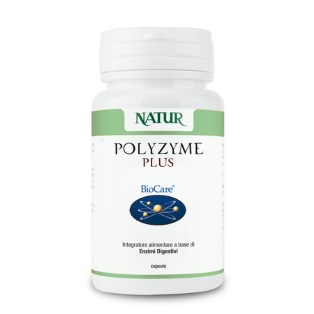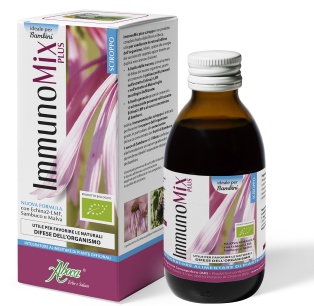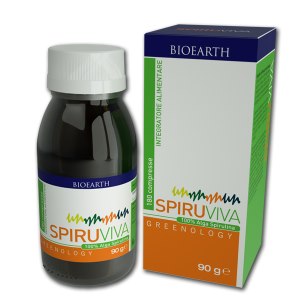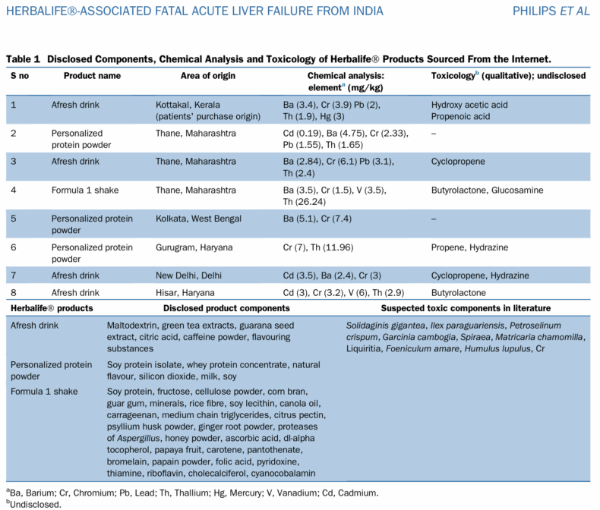
New research has identified how a vitamin D deficiency can affect oxidative stress levels and increase free radicals
Don't store avocado like this: it's dangerousNew research has identified how a vitamin D deficiency can affect oxidative stress levels and increase free radicals
A new study reveals that vitamin D deficiency is associated with higher levels of oxidative stress. This new discovery indicates how healthy levels of vitamin D can help achieve a healthy balance between antioxidants and oxidants, in a process known as homeostasis.
La vitamin D deficiency it's very common, but can it really be that bad? Unfortunately, the potential health consequences can be quite systemic and even pose a danger, such as oxidative stress, for example. Basically, oxidative stress occurs when the antioxidant defenses (i.e. the body's ability to detoxify reactive products) are unbalanced by a accumulation of free radicals.
The link between vitamin D deficiency and increased oxidative stress
The researchers identified thethiol / disulfide homeostasis as a promising and innovative way to quantify oxidative stress levels. Thiol / disulfide homeostasis is the balance between thiols, which have antioxidant and anti-inflammatory properties, and their oxidized forms: disulfides. Thiols regulate intracellular metabolism and are the first antioxidants to be consumed in different biological contexts. For this reason, T / DS homeostasis is an innovative way to evaluatebalance between oxidants and antioxidants in the body, for optimal organ function and overall health.
The results of the study
Scientists working on the study looked at T / DS homeostasis in relation to vitamin D status. In deficient women and men, as well as in a control group (i.e. with sufficient levels of vitamin D), the researchers found measured the thiol, the total thiol (i.e. the sum of the thiol and disulfide levels) and the disulfide values.
Those with levels of 25-hydroxyvitamin D, or 25 (OH) D, above 20 ng / mL were considered sufficient, while those below 20 ng / mL were considered deficient. Thiol and total thiol levels were significantly higher in the vitamin D deficient group than in the control group. Furthermore, the T / DS balance shifted in the thiol direction in the vitamin D deficient group.
The study found, therefore, that those with sufficient vitamin D levels are more likely to possess a healthy balance of antioxidant activity, while those with below-average vitamin D levels are more likely to experience a increased levels of oxidative stress.
The solution? A vitamin D supplement high quality can directly fight and solve the insufficiency and shortage; obviously, before taking supplements it is advisable to consult your doctor.
Follow us on Telegram | Instagram | Facebook | TikTok | Youtube
Photos: Cureus
On the vitamin D could it be interesting for you:
- Vitamin D: the unexpected side effect on your mood just discovered in a study
- Vitamin D deficiency: the easiest breakfast to have to reduce the risk of symptoms
- How to stock up on vitamin D in the winter to avoid a deficiency
- Vitamin D deficiency: new thyroid-related side effect discovered
- Thus, vitamin D supplements can shorten the duration of colds in winter. I study
- The best vitamin D for children


























